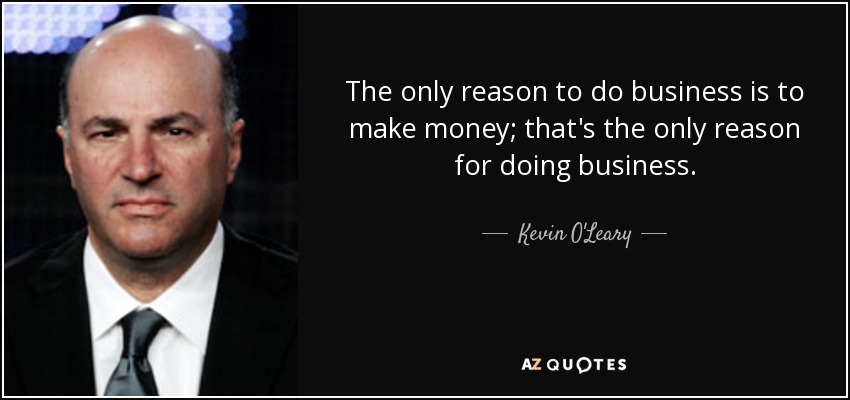@Ollie123
hey, I said there's nothing inherently wrong with competition! I do believe in evolution and whatnot
😛
there are people invested in/concerned with trying to show the significance of humanistic approaches to therapy through EBT standards. Louis Hoffman from Division 32 is one:
https://www.academia.edu/1843926/Ex...herapy_as_a_Model_for_Evidence-Based_Practice
and Bruce Wampold, who I know has seen some circulation.
as far as my personal views, I'm actually more radical than the humanistic people these days, which means finding a job is going to be fun, lol. I'm into, on one hand, Marxist critiques of psychology as an individualizing practice that separates human beings out from real world political contexts (i.e. internalizing symptomatology that relates to and may even have sociocultural/economic/political origins), and on the other hand mythopoetic critiques (Jung and post-Jungians like James Hillman) of the objectifying, "soulless" nature of a lot of clinical psychology, both theoretically and in praxis...
probably more info than you need, but my main point is that there are methodologies of critique and truth-finding beyond simple laboratory based empiricism...in fact, laboratory based empiricism specifically can't observe certain issues because of its scale of resolution and the way it frames things through its instruments of observation. Not to say I think it's bad--I love neuroscience and stuff, but it's incomplete. That's why I personally have problems with the evidence-based practice movement (rather, its injunction that all therapy should start from its findings), because its criteria for evidence is too narrow for me. I'm aware of this hard suspicion of many scientists (seems like it's even worse in the soft sciences than the hard ones, maybe because they have more to prove) toward methods of analysis based in reason/critical thought rather than empiricism, but I think it's misguided. Philosophy of science after all has a close relationship with scientific methodologies...Popper and falsification etc. I think if we really want to help people, we need a broader understanding of how culture shapes our ways of thinking, feeling, relating to each other, working, spending our leisure time etc, that we can't necessarily get from pure positivist empiricism.
I'm actually reading right now about how Wundt engaged in cultural psychological analyses as well, saw the more empirical/laboratory/individual research as needing to be balanced with an understanding of sociocultural structures, but how that's been sort of conveniently forgotten in the history of psychology.

